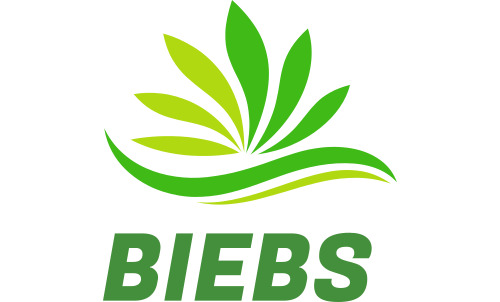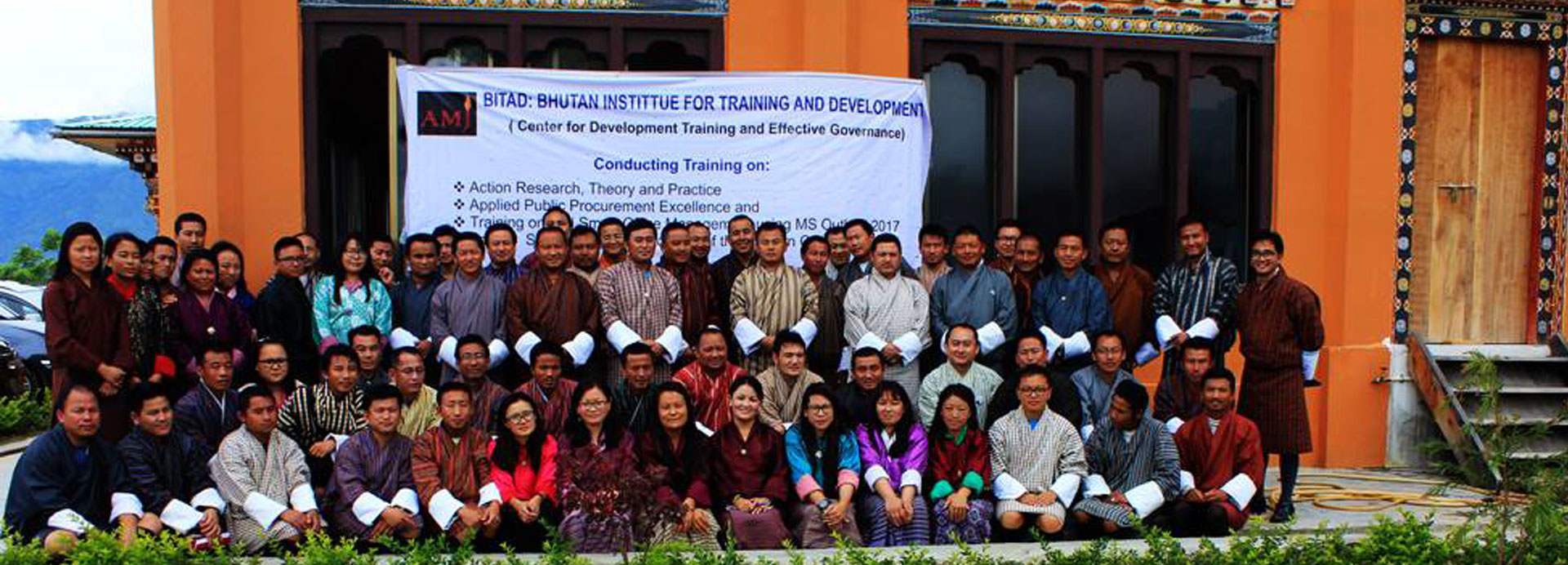Education began in prehistory, as adults trained the young in the knowledge and skills deemed necessary in their society. In pre-literate societies this was achieved orally and through imitation. Story-telling passed knowledge, values, and skills from one generation to the next. As cultures began to extend their knowledge beyond skills that could be readily learned […]
Author: biebs-admin
Nullam Integer tincidunt. dictum felis eu pede mollis pretium.
Lorem ipsum dolor sit amet, consectetuer adipiscing elit. Aenean commodo ligula eget dolor. Aenean massa. Cum sociis natoque penatibus et magnis dis parturient montes, nascetur ridiculus mus. Donec quam felis, ultricies nec, pellentesque eu, pretium quis, sem. Nulla consequat massa quis enim. Donec pede justo, fringilla vel, aliquet nec, vulputate eget, arcu. In enim justo, […]
Gallery
Recognized for our Scholarship
Intellectually-diverse
News & Events
Early Modern universities initially continued the curriculum and research of the Middle Ages: natural philosophy, logic, medicine, theology, mathematics, astronomy (and astrology), law, grammar and rhetoric. Aristotle was prevalent throughout the curriculum, while medicine also depended on Galen and Arabic scholarship. The importance of humanism for changing this state-of-affairs cannot be underestimated. Once humanist professors […]
Facts & Stats
Far far away, behind the word mountains, far from the countries Vokalia and Consonantia.
Our Community
Far far away, behind the word mountains, far from the countries Vokalia and Consonantia.
Future Students
Far far away, behind the word mountains, far from the countries Vokalia and Consonantia.
Outstanding education Awesome technology
Education is the process of facilitating learning, or the acquisition of knowledge, skills, values, beliefs, and habits. Educational methods include storytelling, discussion, teaching, training, and directed research. Education frequently takes place under the guidance of educators, but learners may also educate themselves. Education can take place in formal or informal settings and any experience that […]

